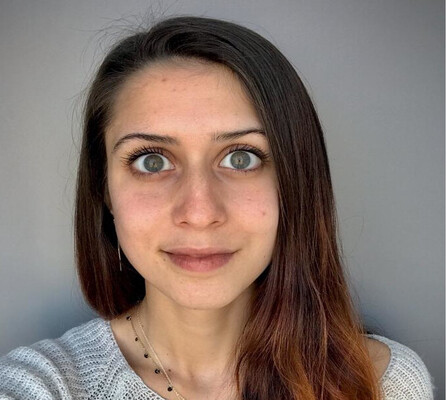Best Techniques to improve welfare in animal production according to environmental and economic sustainability.
The project focuses on aquaculture farming, which can generate a great environmental impact for a large amount of water used and wastewater discharged.
Since photocatalysis has been successfully employed to remediate polluted water, the project aims to test the efficiency of applying a TiO2 photocatalytic remediation system in fresh and saltwater recirculated aquaculture systems (RAS). The spread of this technology to treat wastewater will increase the possibility of conversion to a model recirculation aquaculture ecosystem to allow the reduction of the environmental impact.
The experimental study will evaluate the effect of this innovative system vs. the traditional one (only biological filter based) on the growth, health status, and welfare of fish and the efficiency in removing nitrogen compounds from the water about the different water remediation systems and rearing densities.
Bachelor’s Degree in Animal Husbandry and Welfare at the University of Milan (UNIMI) | October 2016- October 2019.
Master’s Degree in Science and Technology of Animal Production at the University of Milan (UNIMI) | October 2019- October 2021.
PhD in Veterinary and Animal Science.
Master thesis on the application of a low-cost best available technique to aquaculture recirculating systems.
Work on Best Techniques to improve welfare in animal production according to environmental and economic sustainability.
Deep interest in environmental and economic sustainability in animal husbandry.
I’m studying:
The effects of different lodging systems in the farrowing room on sow welfare and the survival rate of piglets.
The application of NIR technology for manure characterization and automatic identification.
The application of new techniques for water remediation in RAS.
The effect of environmental heavy metals on honeybees’ vitality rate and activity.
Publications: Orcid ; Scopus ; IRIS-AIR
Supervisor Prof. Annamaria Costa

